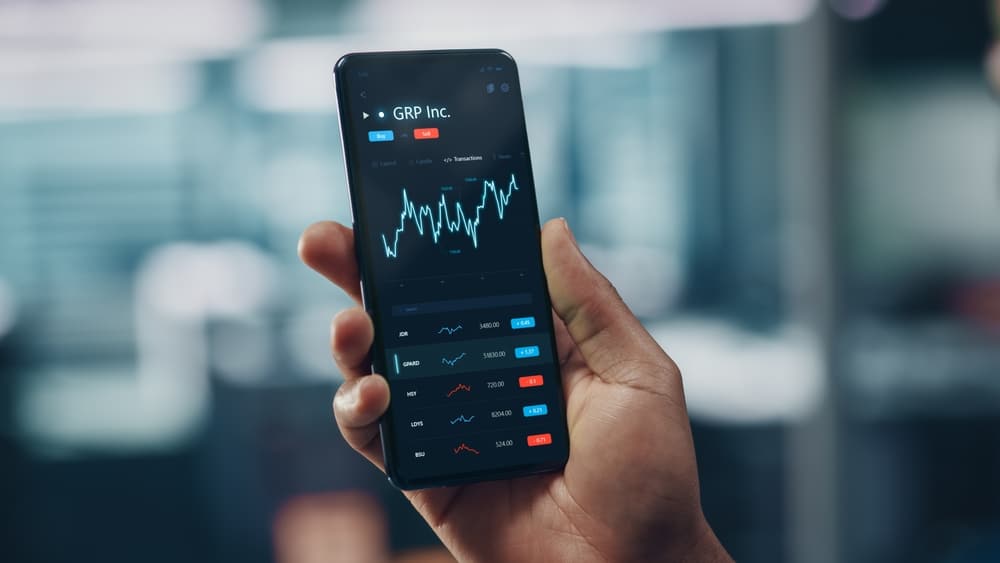Crypto exchanges are platforms where individuals can buy, sell, or trade cryptocurrencies like Bitcoin, Ethereum, and Litecoin. These exchanges are pivotal in the digital currency ecosystem, providing the infrastructure for executing transactions.
Key Takeaways:
- Crypto exchanges are divided into decentralized exchanges (DEXs) and centralized exchanges (CEXs).
- Consider factors like location, regulatory compliance, fees, and liquidity when choosing an exchange.
- Exchanges offer benefits such as access to multiple cryptocurrencies and high liquidity but come with risks like potential hacking and regulatory uncertainty.
Understanding Crypto Exchanges
Crypto exchanges are akin to traditional stock exchanges. However, instead of trading stocks, they deal with digital currencies. Users can exchange one cryptocurrency for another or for fiat currency.
Types of Crypto Exchanges:
- Centralized Exchanges (CEXs): Operated by a company that facilitates transactions. Examples include Coinbase and Binance. These are user-friendly but require users to trust the exchange with their funds.
- Decentralized Exchanges (DEXs): Operate without a central authority. Transactions are made directly between users (peer-to-peer) through an automated process. Examples include Uniswap and PancakeSwap.
How to Choose a Crypto Exchange:
- Geographic Location: The exchange should comply with local laws and regulations.
- Regulatory Compliance: Ensure the exchange follows KYC and AML guidelines.
- Transaction Costs: Assess fees for trading and withdrawals.
- Security: Consider the security measures in place to protect funds.
- Liquidity: Higher liquidity means easier and faster transactions.
Benefits of Using Crypto Exchanges:
- Accessibility to Various Cryptocurrencies: Provides a platform to trade a wide range of digital currencies.
- High Liquidity: Facilitates quick buy and sell transactions.
- Convenience: Offers easy and fast platforms for trading.
- Security Features: Many exchanges employ robust security measures to protect user assets.
Risks Associated with Crypto Exchanges:
- Security Risks: Potential for hacks and security breaches.
- Regulatory Risks: Uncertainty due to the evolving regulatory landscape.
- Market Volatility: Crypto prices are highly volatile, which can significantly impact trading.
Regulation of Crypto Exchanges:
The regulatory environment for crypto exchanges varies by country. Exchanges must navigate complex regulatory frameworks that can impact their operations and the services available to users.
The Future of Crypto Exchanges:
- Decentralized Exchanges: Expected to gain popularity due to their offer of enhanced security and privacy.
- Hybrid Exchanges: Combining features of both centralized and decentralized platforms.
- Increased Regulation: Likely as governments continue to formalize crypto market regulations.
FAQs:
Q1: Are crypto exchanges safe?
While many crypto exchanges use extensive security measures, risks still exist. Users should research exchanges’ security practices and consider personal security measures, such as using two-factor authentication and withdrawing funds to personal wallets when not trading.
Q2: Can I trade fiat currencies on crypto exchanges?
Many crypto exchanges allow users to deposit and withdraw fiat currencies, facilitating the purchase and sale of cryptocurrencies directly with fiat.
Q3: What is the difference between a crypto wallet and a crypto exchange?
A crypto wallet is a digital wallet used to store, send, and receive cryptocurrencies. A crypto exchange is a platform where users can buy, sell, or trade cryptocurrencies. Wallets provide storage while exchanges provide a marketplace.
Crypto exchanges are fundamental to the functioning of the cryptocurrency market, providing essential services that enable the buying, selling, and trading of digital currencies. Users should carefully consider their choice of exchange based on their specific needs, trading habits, and security preferences.

